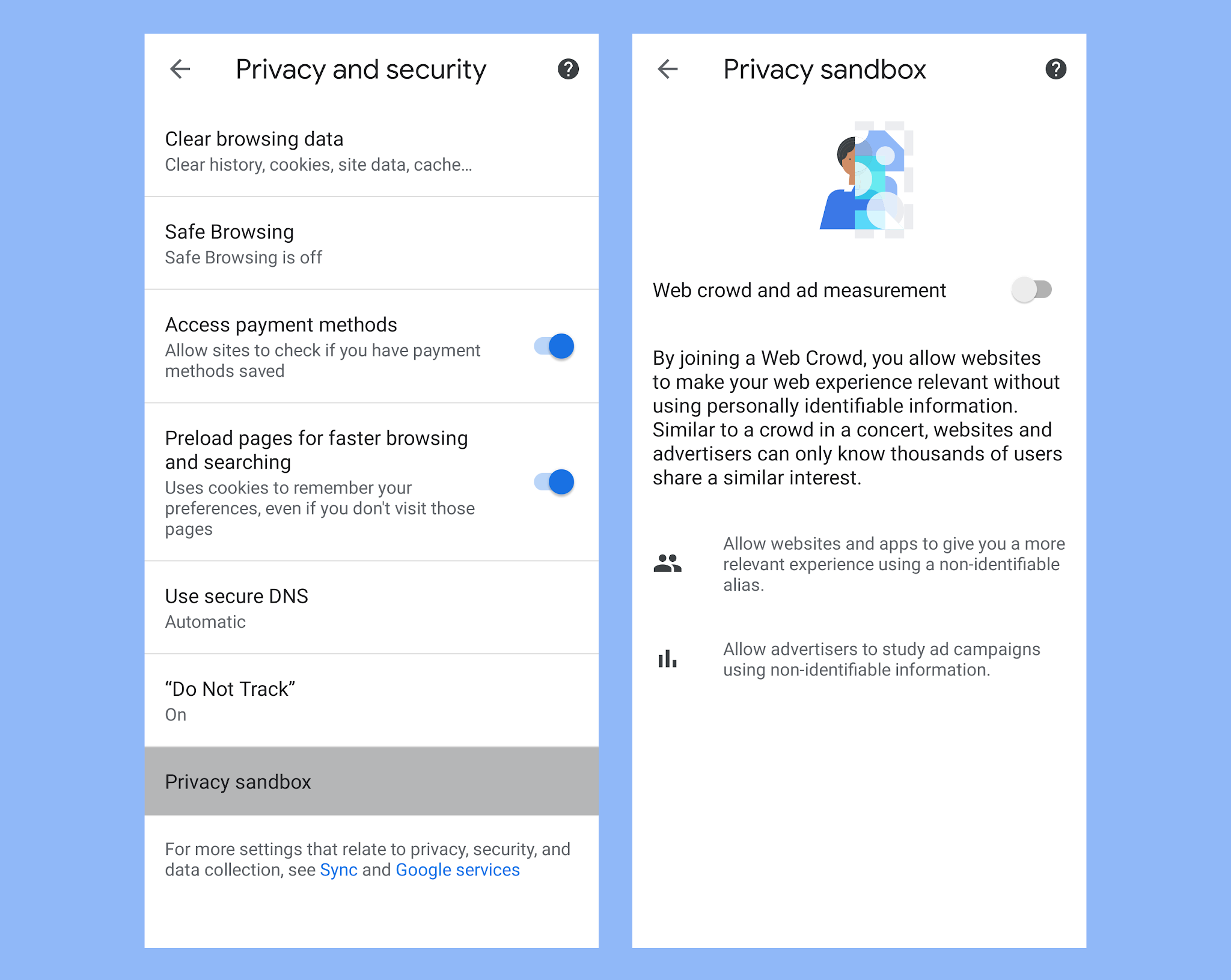After an immense amount of pressure that kept on building for months, Google has finally started to remove third-party tracking cookies. However, the biggest part of this development is that the company has also announced to not replace the cookies with any equally invasive identifier which may continue to track users on the web.
Knowing that this will heavily impact Google’s advertising business, it indeed is a big move!
While making the decision public via a blog post, Google has also explained that from now onwards their web products will be based on privacy-preserving APIs that won’t track individuals but still deliver the desired results for advertisers and publishers. The world’s largest search engine is going to make it possible with the help of advances in aggregation, anonymization, on-device processing, and other privacy-preserving technologies.
Google’s bold move is a response to Apple blocking third-party cookies in Safari and Firefox who went for the similar approach only to make users value their privacy as a part of the marketing tactic. Now that Google is in the game, they plan on doing the same in Chrome as well.
Third-party cookies had always played an integral role in letting advertisers track their targeted users on the internet and getting to know their interests in detail. This system of hyper-targeted ads was very valuable since it brought the kind of ad industry to life which had the individual user data filtered and multiplied for thousands of companies.
As a result, Google feels that this practice made users lose trust in the internet and also the advertisers, and hence gradually the future of the web would have been at risk.
So, now with the current alternative soon to be in place, Google is going to give more importance to user privacy while also benefiting advertisers since they know that a lot of companies want to keep on advertising in order to survive and make money (including themselves).
This also means that Google is not getting rid of the targeted advertising in general though. Precisely the company will only replace the old invasive methods with new privacy-focused ones which will take place through Privacy Sandbox.
Now one job of Privacy Sandbox would be to hide the individual into a large crowd of “cohorts” that will primarily have similar interests and advertisers can eventually target ads towards.
We have also noticed a detailed breakdown of the Chrome 89 beta APK which includes Privacy Sandbox controls and how the “Web Crowd” cohorts will actually come into play for targeted advertising.
Furthermore, addressing to the regulatory pressure from around the world, Google said that while they know a lot of their competitors will continue to offer a high level of user identity to track individuals across the internet, the company no longer thinks that it is fair considering the expectations that consumers have regarding their privacy. Besides that, Google has also called this move a sustainable long-term investment that will keep them safe from the regulatory restrictions over time.
Read next: Google has launched various features with Chrome 89 that includes a new Reading List, Tab Search and customizing multiple Google accounts
Knowing that this will heavily impact Google’s advertising business, it indeed is a big move!
While making the decision public via a blog post, Google has also explained that from now onwards their web products will be based on privacy-preserving APIs that won’t track individuals but still deliver the desired results for advertisers and publishers. The world’s largest search engine is going to make it possible with the help of advances in aggregation, anonymization, on-device processing, and other privacy-preserving technologies.
Google’s bold move is a response to Apple blocking third-party cookies in Safari and Firefox who went for the similar approach only to make users value their privacy as a part of the marketing tactic. Now that Google is in the game, they plan on doing the same in Chrome as well.
Third-party cookies had always played an integral role in letting advertisers track their targeted users on the internet and getting to know their interests in detail. This system of hyper-targeted ads was very valuable since it brought the kind of ad industry to life which had the individual user data filtered and multiplied for thousands of companies.
As a result, Google feels that this practice made users lose trust in the internet and also the advertisers, and hence gradually the future of the web would have been at risk.
So, now with the current alternative soon to be in place, Google is going to give more importance to user privacy while also benefiting advertisers since they know that a lot of companies want to keep on advertising in order to survive and make money (including themselves).
This also means that Google is not getting rid of the targeted advertising in general though. Precisely the company will only replace the old invasive methods with new privacy-focused ones which will take place through Privacy Sandbox.
Now one job of Privacy Sandbox would be to hide the individual into a large crowd of “cohorts” that will primarily have similar interests and advertisers can eventually target ads towards.
We have also noticed a detailed breakdown of the Chrome 89 beta APK which includes Privacy Sandbox controls and how the “Web Crowd” cohorts will actually come into play for targeted advertising.
Furthermore, addressing to the regulatory pressure from around the world, Google said that while they know a lot of their competitors will continue to offer a high level of user identity to track individuals across the internet, the company no longer thinks that it is fair considering the expectations that consumers have regarding their privacy. Besides that, Google has also called this move a sustainable long-term investment that will keep them safe from the regulatory restrictions over time.
Read next: Google has launched various features with Chrome 89 that includes a new Reading List, Tab Search and customizing multiple Google accounts

